Covid-19 in India: Early signs of second wave peaking as growth slows
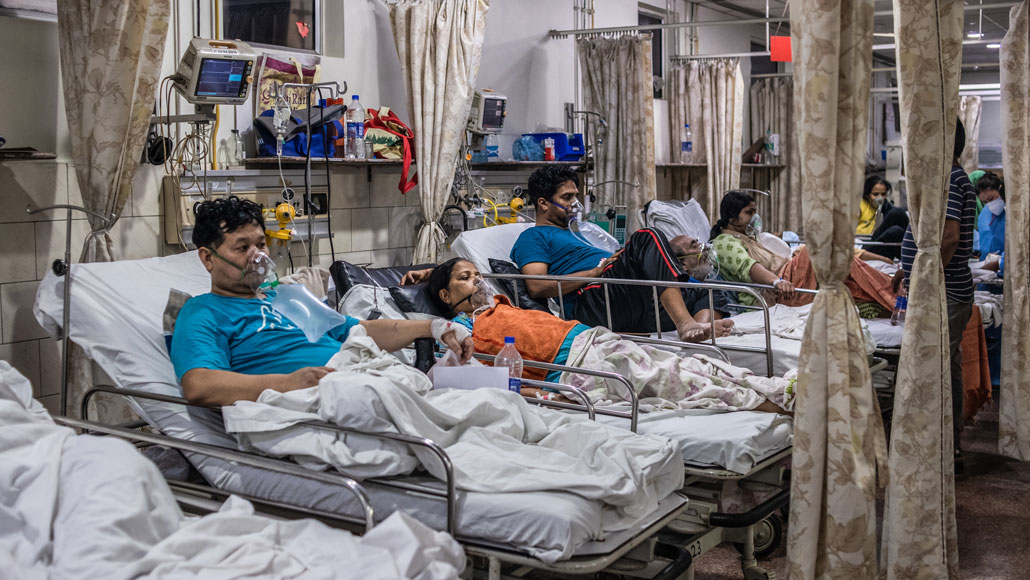 |
| In the emergency ward of a hospital in New Delhi on May 3, patients relied on oxygen as they battled Covid-19. India’s health care system can’t keep up with the soaring case counts as the second wave of the coronavirus pandemic rages through the country. REBECCA CONWAY/GETTY IMAGES |
For the first time since the beginning of the second wave in mid-February, the seven-day rolling average of daily cases dipped on May 8, Times of India reported.
While the curve is surely bending, the trend needs to continue into the next week before a more definitive statement can be made about the country having reached the peak of the second wave.
There were several uncertainties around that. For one, the positivity rate in the country was still high and increasing. India recorded a positivity rate of 22% the past three days, up from 21% recorded on the same three days last week.
Cases were still surging in several states of the country, led by Karnataka, Kerala, Tamil Nadu and Andhra Pradesh in the south, Assam and Bengal in the east and Uttarakhand, Haryana, Himachal Pradesh and Jammu & Kashmir in the north.
Besides, the growth in cases remained higher than the national average in states such as Rajasthan and Bihar. On the positive side, Maharashtra was showing a drop in weekly cases while there was a distinct slowdown in other big Covid-hit states such as Uttar Pradesh, Delhi, Gujarat and Madhya Pradesh.
Lockdown in Delhi extended till May 17
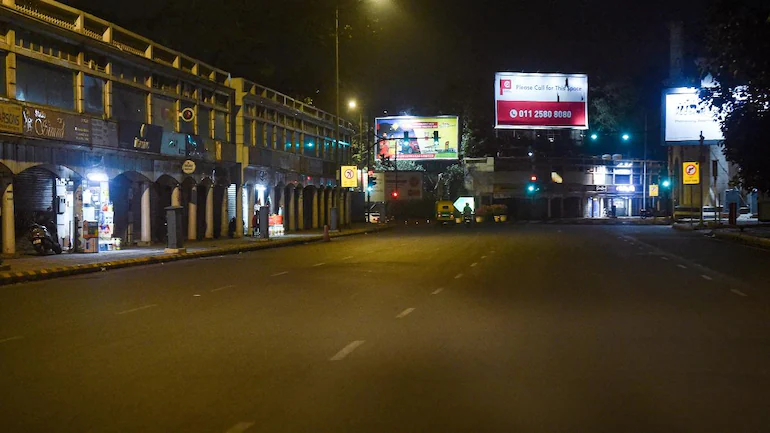 |
| The lockdown will remain in place till 5 am on May 17. Photo: PTI |
The Delhi government on May 9 decided to extend the ongoing lockdown by another week in the wake of the prevailing Covid-19 situation in the city. The restrictions will be in place till May 17.
This would be the fourth week of the lockdown imposed as the Covid-19 numbers in the city skyrocketed, according to IndiaToday.
Stating that even though Covid-19 cases have come down in the last few days, Delhi Chief Minister Arvind Kejriwal said any slackness would squander the gains achieved so far in the current wave of the pandemic. "The Delhi government had been forced to impose lockdown amid a steep rise in Covid-19 cases on April 20. Although, the cases have come down and the positivity rate has reduced from 35 per cent on April 26 to around 23 per cent now, strictness is needed," he said.
Addressing a virtual press conference, Arvind Kejriwal also announced that metro services will remain suspended during the period.
Meanwhile, the Delhi Metro Rail Corporation tweeted: "In the wake of revised guidelines issued today by the Govt. of NCT of Delhi, on extension of Curfew in Delhi for the containment of Covid-19, the Delhi Metro services on all its Lines shall also remain suspended for passenger/essential services from 10 May till 5:00 AM of 17 May."
The order, passed by the Delhi Disaster Management Authority (DDMA), says that there shall be an extension of curfew on the movement of individuals in the NCT of Delhi till 5 am on May 17.
Looking forward
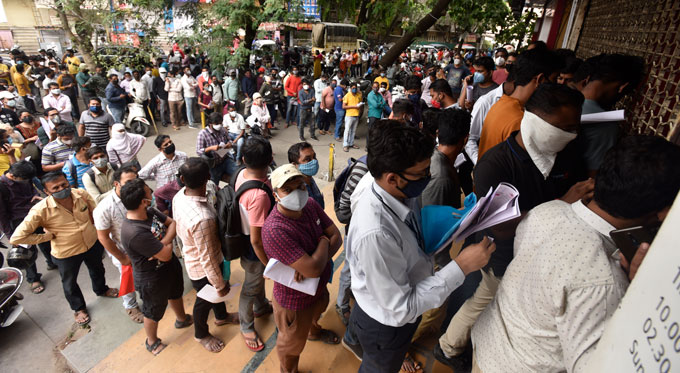 |
| In early April, acute shortages of remdesivir in Pune hospitals resulted in long queues outside the Indian city’s pharmacies. Health officials blamed indiscriminate use of the antiviral drug for shortages in Pune and elsewhere. Photo: AP |
ScienceNews also said an array of mathematical models predict that India’s surge will peak sometime between early and mid-May. Daily case numbers could rise to anywhere between 800,000 and 1 million, and single-day deaths may hit around 5,500 toward the end of the month.
To quell case numbers, some public health experts in India say it’s time for a nationwide lockdown, but one that’s more coordinated and humane than the last lockdown.
But the unfolding Covid-19 crisis is not just India’s problem; it’s the world’s problem. Rising numbers of infections can provide the virus with greater opportunities to mutate and evolve and thus form new variants.
In a globally connected world, short of draconian lockdowns, it’s hard to contain the spread of infections and new strains. India’s outbreak has already spilled over into neighboring Nepal; other countries, including the United States, are now limiting travelers from India, but it may be too late. B.1.617 has already shown up in the United States and at least 20 other countries.
The crisis could also result in widespread vaccine shortages. India, the world’s largest producer of vaccines, has stopped exports to prioritize domestic needs. Even so, less than 2 percent of Indians are fully vaccinated and less than 9 percent have received their first shot, thanks to a major Covid-19 vaccine shortage. Ramping up vaccination efforts will be key to combating Covid-19, but it’s unlikely to pull India out of the current crisis./.
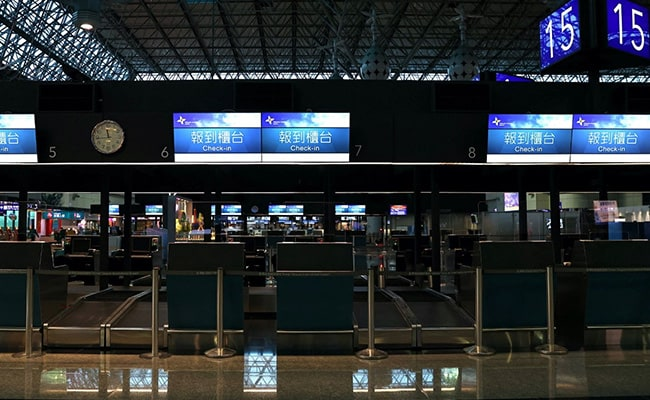 | Covid-19 in India: All arrivals from India banned from Taiwan On Monday, Taiwan officially banned all the arrivals from India, in order to prevent new infections, with more nations reporting cases of a variant first ... |
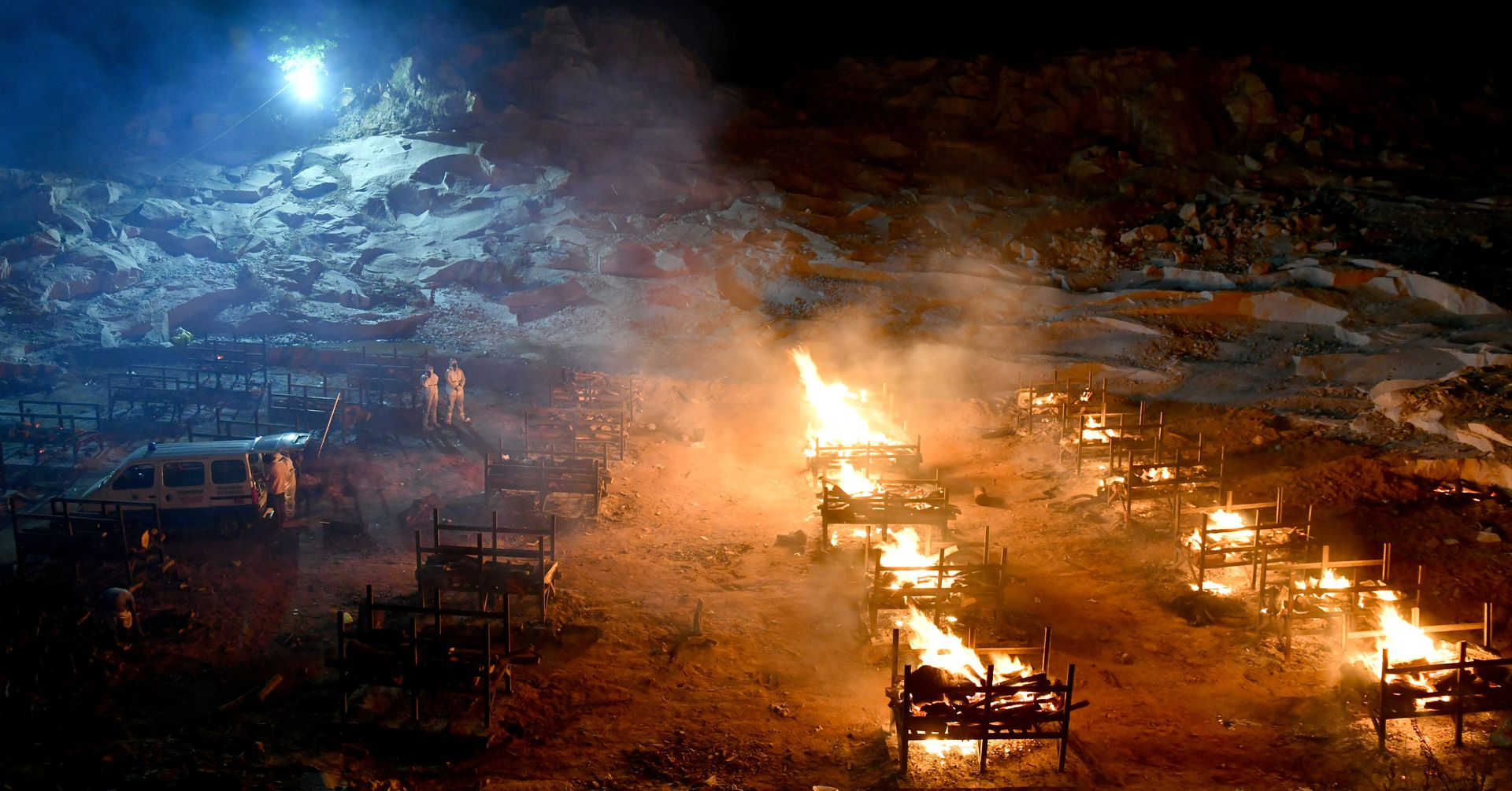 | Covid-19 in India: Indian industry body urges to curtail economic activities to save lives On Sunday, A Indian industry body urged the authorities to take the responsibility by taking "stronger national steps", and to curtail economic activities in order ... |
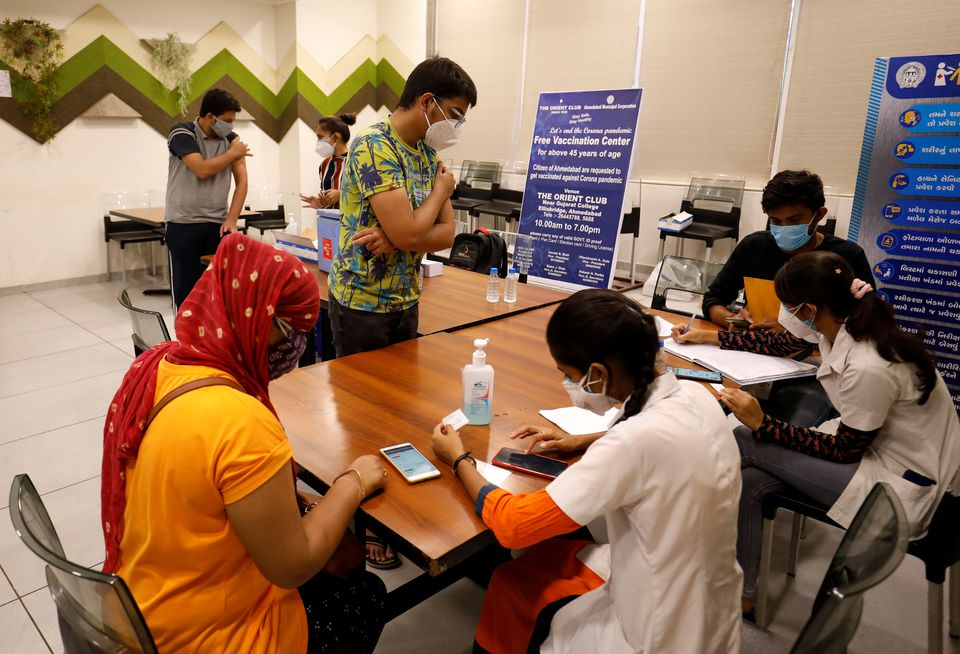 | Covid-19 in India: Warnings of virus mutations that can "evade immune response" A forum of scientific advisers has warned that minor mutations in some samples of the coronavirus could “possibly evade immune response” and require more study. |
Recommended
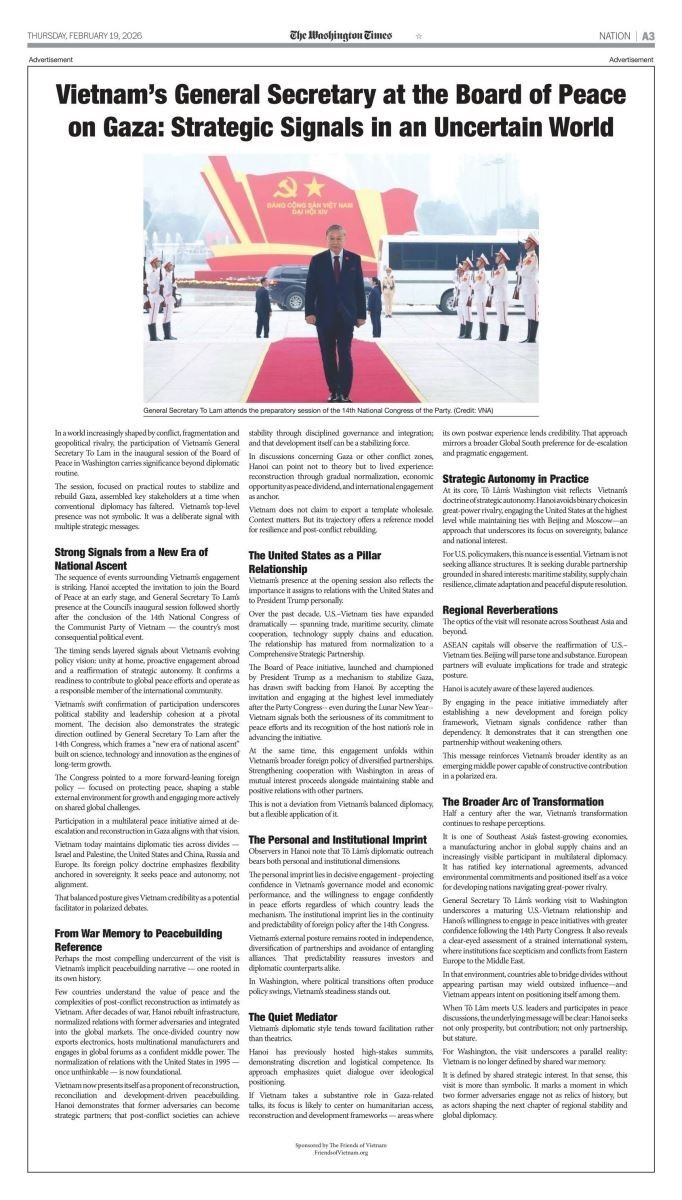 World
World
US Media Commend Vietnam’s Role in Global Peace Efforts
 World
World
Vietnam Officially Becomes Association Country of International Energy Agency (IEA)
 World
World
Key pacts signed as PM Modi hosts France's Macron for plane cooperation
 World
World
India, Canada commit to strengthening bilateral ties, discuss trade
Popular article
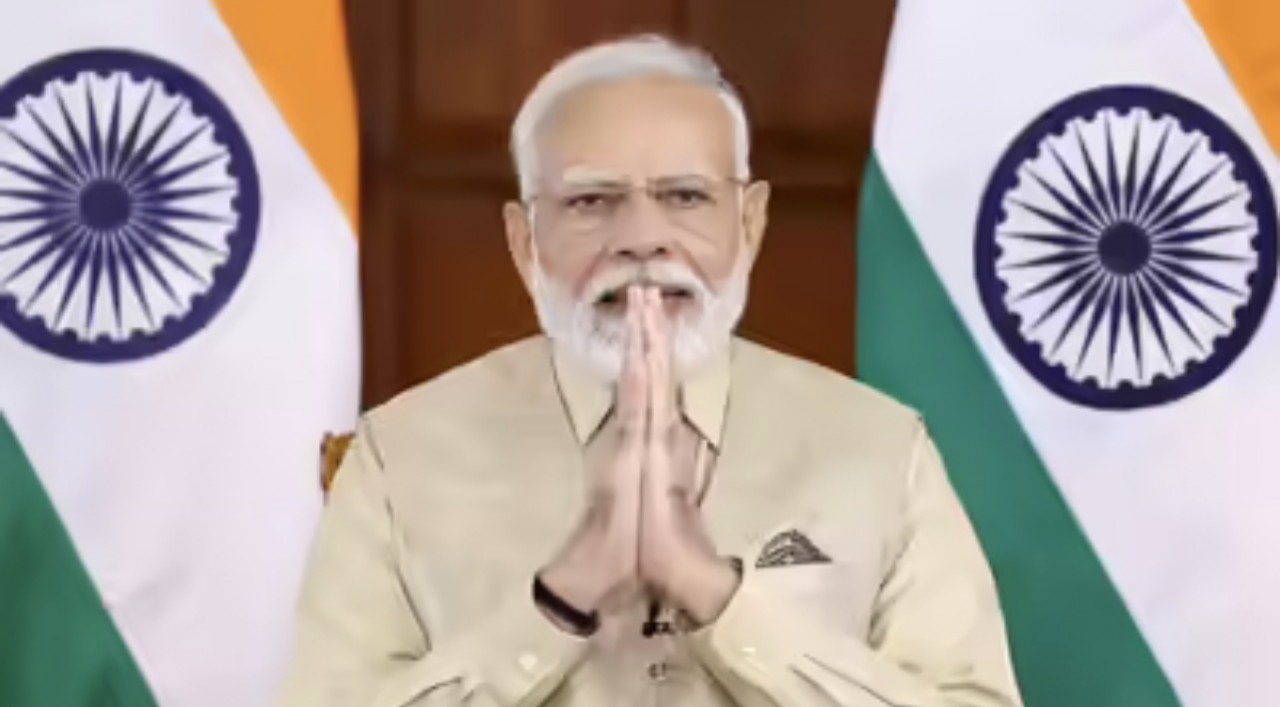 World
World
AI Summit India 2026 Live Updates: ‘Bringing the world together,’ PM Modi welcomes leaders as India hosts AI summit
 World
World
Safran ready to open India engine production in Rafale deal
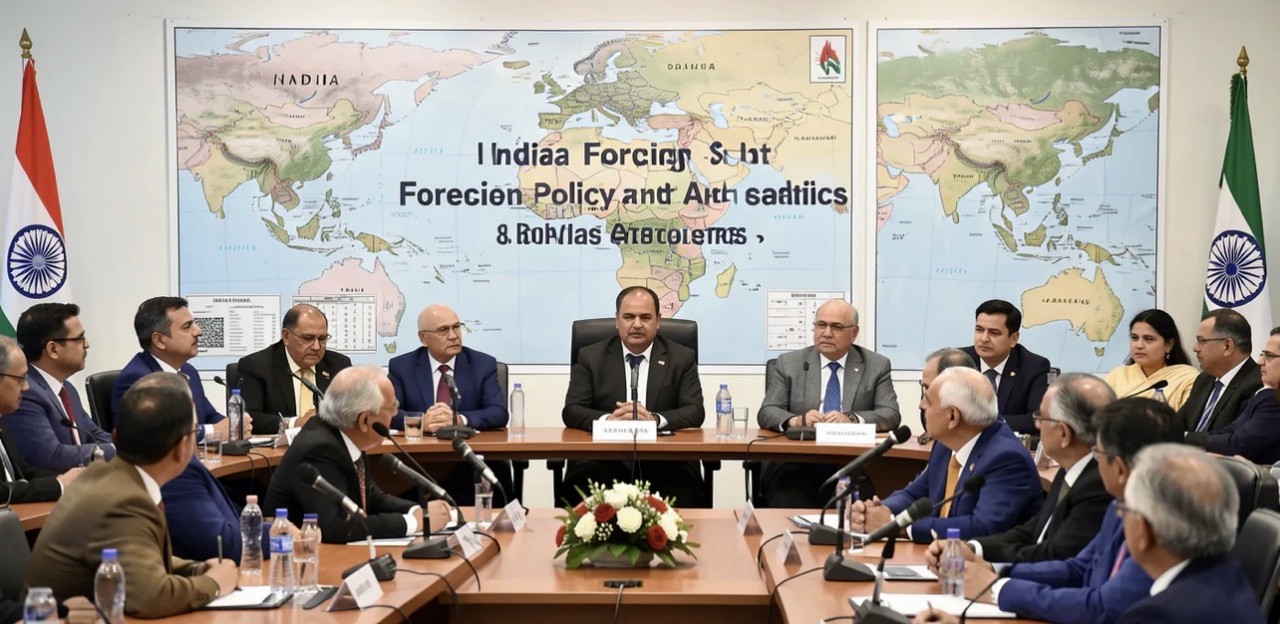 World
World
Nepal interim PM Sushila Karki thanks India for March support
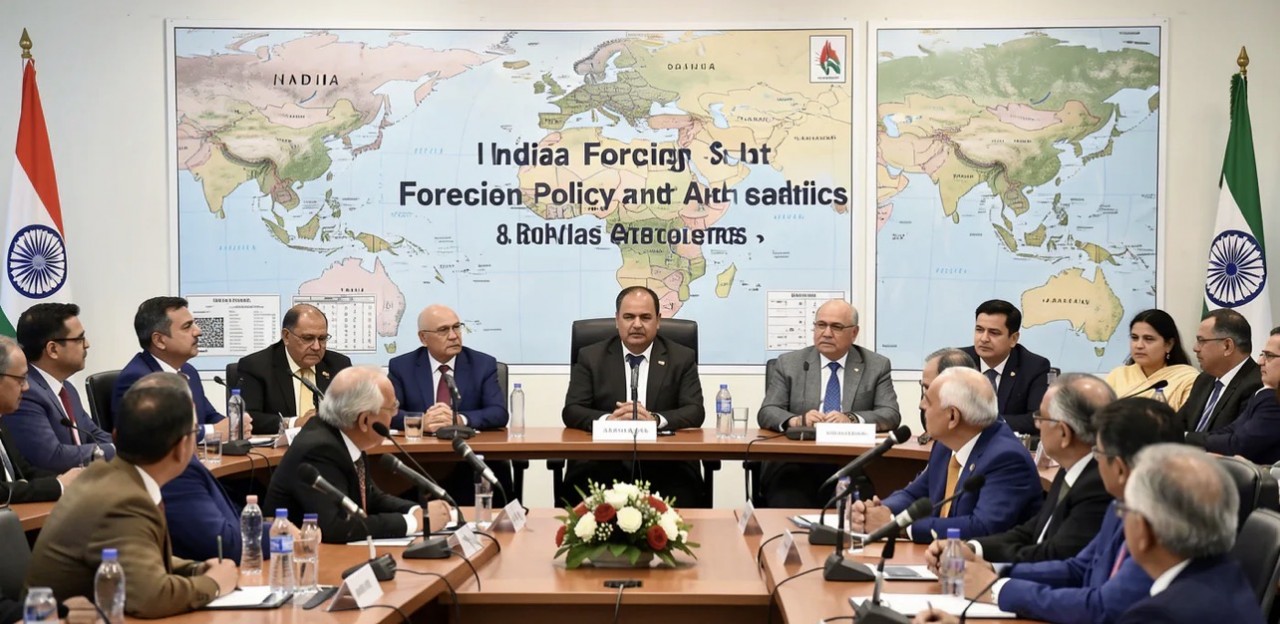 World
World

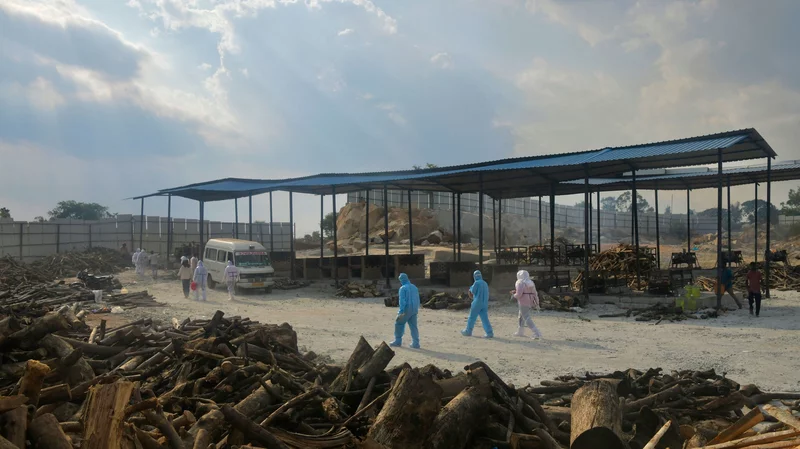

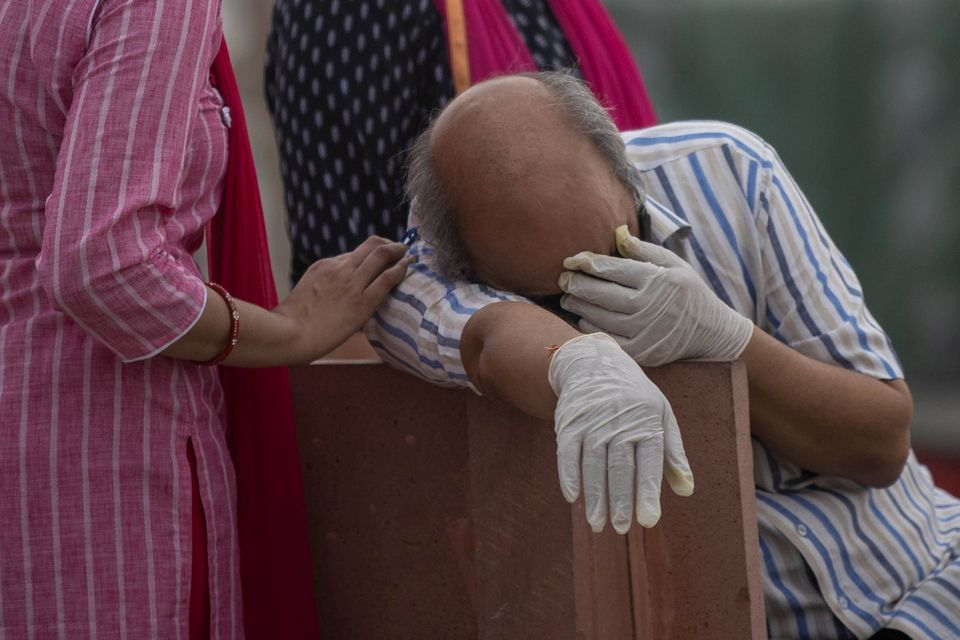






![[Photos] India and Vietnam Unite in Friendship Festival 2024](https://vietnamtimes.thoidai.com.vn/stores/news_dataimages/2024/122024/19/23/b72443a0d3e09c7d133e23a7d221ca07.jpg?rt=20241219234711)